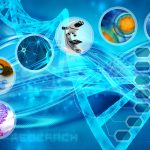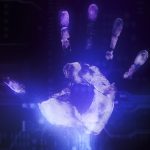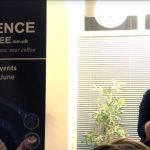
Why Do People Get Spots? Monday 9 January 2017, 7pm
The skin is the largest organ in the body and subject to no less than 3000 different disorders. Many are chronic and cause a great deal of suffering. Acne is the most common skin disease across the world and yet…

Apes vs Humans: Social Traditions – Monday 14th November 2016, 7pm
If you invited a chimpanzee or a monkey to a dinner party would he know how to behave? Probably not, but whilst greeting and welcoming guests, sharing food and solving problems are usually seen as social traditions unique to humans,…

Stem Cells: Hope, Hype and Hustlers – Monday 12th September 2016, 7pm
In the last 10-15 years stem cells have been catapulted from a relatively obscure research topic to the international limelight. Hardly a week goes by without some news story about a “ground breaking discovery” or “exciting new therapy” involving stem…
Summer break
Charlotte Proby’s talk on How much Sun is Bad for You? is a perfect way to wrap up our series of Cafe Science Dundee 2015/2016 for the Summer. We’ll be back again on Monday 12 September 2016, 7pm at Avery…

How Much Sun is Bad For you? Monday 9th May 2016, 7pm
Light and radiation from our Sun is the basis of life on Earth and is essential for human health and wellbeing. However, too much ultra-violet radiation from the sun or manmade sources is also cancerous, driving a sharp rise in…

Do You Know What I Mean? Monday 18th April 2016, 7pm
Good communication can be easy to spot but hard to achieve, and poor communication is often cited as the reason for problems. From project failures and medical errors to divorce, the consequences of poor communication are all too immediate. But…

Heads or Tails – How Do Baby Animals Develop? Monday 14th March 2016, 7pm
Our bodies and those of other animals are remarkably complex and yet all start off as a single cell. So how then do animals develop structures including limbs, backbones, heads and in some cases tails? Development biology seeks to understand…

Colour and Light in Forensic Science – Monday 8th February 2016, 7pm
There’s a lot more to forensic science than meets the eye. Quite literally! Because the human eye can only see a small section of the light spectrum, other types of light and detectors can help us see important details that…

